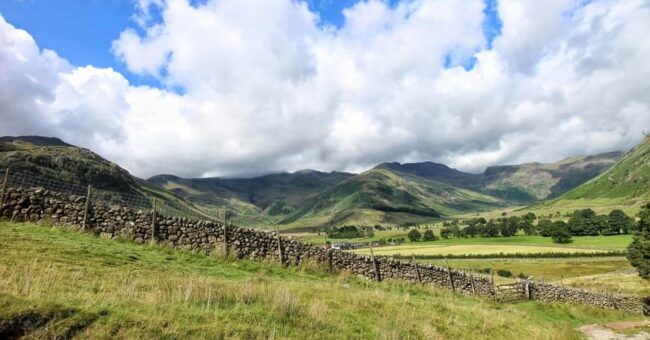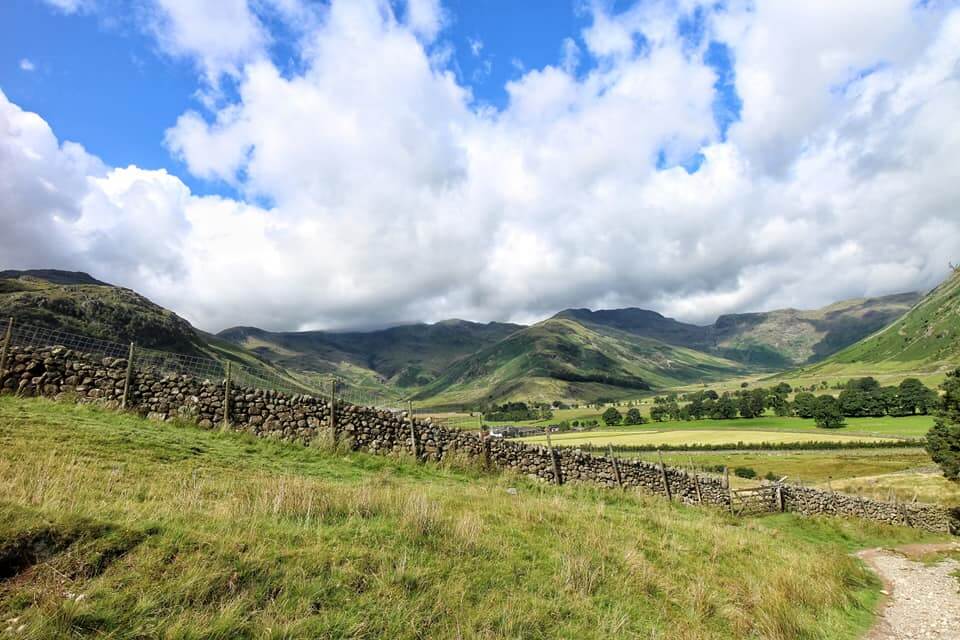
There’s nothing quite like your first hike. Will something go wrong? Or are you just overthinking it? It’s tough to strike the balance of “don’t worry about it” versus “why didn’t you think about that.” Nobody wants blisters — or worse, an emergency call to mountain rescue. Correct preparation is key.
According to GOV.UK walking and cycling statistics, almost 70% of adults walk at least once a week on “purpose.” But a tarmacked jaunt to work is entirely different to tackling a proper hiking trail. Whether braving Ben Nevis or weaving Welsh valleys at the base of Yr Wyddfa, here’s how to prepare for that magical first experience.
Warm Up and Stretch Before You Start
Don’t be fooled. Just because you’re not running a marathon doesn’t mean this hike isn’t a workout. Common hiking injuries include plantar fasciitis (inflamed tissue on the sole of your foot), sprained ankles, knee niggles, and even shoulder and back injuries.
Warming up and stretching? These are essential steps for injury prevention before hiking. Research suitable movements beforehand: gentle lunges, calves and hamstring stretches, and even hip mobility exercises all help.
Invest in Proper Footwear
Footwear is a lifeline when hiking. It’s not about fashion; comfort and grip are paramount. Tread prevents slipping, ankle support protects against nasty twists on uneven terrain, and water-resistant coatings are lifesavers in unpredictable UK weather. Stick to trail or hiking shoes.
A word of warning: be wary of that glitzy new footwear. Until broken in — roughly 80 to 100 hours later — brand-new boots are notorious for causing blisters and foot pain. Break in footwear gradually, over months, not days.
Start with Beginner-Friendly UK Trails
Picking the right trail is half the battle. Forget tackling Crib Goch or Helvellyn right off the bat. Instead, choose hikes that balance incredible scenery with easy terrain. New hikers need rich rewards without the threat of being physically or technically over faced.

The Peak District’s Mam Tor is a view-focused trail for beginners. Box Hill is another good pick (in scenic Surrey), and Loch an Eilein is a stunning lakeside trail in the Cairngorms. Get creative, though; there are plenty of trail apps for inspiration.
Pack Smart and Light
A heavy bag is a one-way ticket to a sore back and shoulders. Avoid overpacking and stick to the essentials. A small first aid kit, waterproof layers, snacks, and water are all must-packs.
Consider extra navigational and entertainment items on longer trails, including maps, GPS- enabled phones, and comfortable sports headphones for your hikes. In summer don’t forget hats and sunscreen — the British sun can surprise you.
Know Trail Etiquette and Safety Tips
Trail etiquette is something you learn gradually. Still, memorising the basics keeps you safe (and avoids arguments with other countryside users). Always stick to marked paths, tell people where you’re going and when you’ll return, and check the weather forecast.
That first step is always the hardest, but with adequate preparation, it’ll be everything you hoped for. Enjoy!